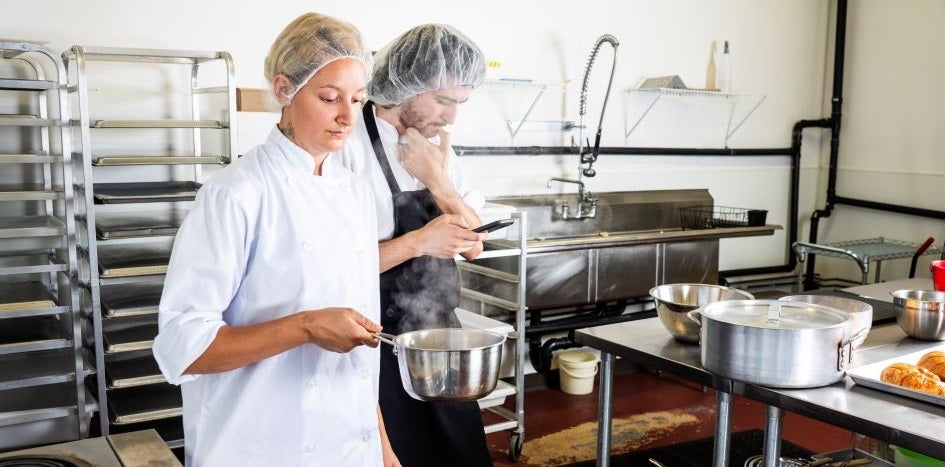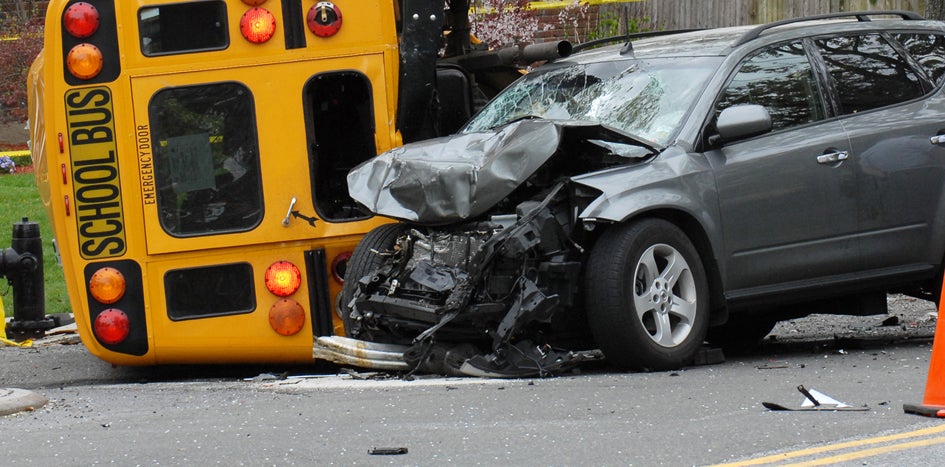Are Science Experiments at Home Safe?
When Fund members reach out to our school risk management experts for guidance, there’s a good chance other members need similar support. In the collaborative spirit of risk pooling, we’re sharing our response to a member question about driver license point systems.
Member Question
A vendor provides our online science curriculum. The vendor shipped chemicals to students so they could conduct science experiments at home. Students were instructed to send unused chemicals back to vendors, put them in the trash, or pour them down the sink. Is that safe?
Our Guidance
The vendor’s instructions are not safe. They’re could also violate state law and put health, property, the environment, and even your schools at risk:
- Federal and state laws dictate how users dispose of chemicals. Anyone who ships chemicals must have the proper permits.
- Chemicals can pollute groundwater and damage plumbing.
- Some chemicals don’t play nicely together. Combining common bleach and ammonia, for example, can produce a toxic, potentially lethal vapor.
- Other chemicals can harm us even if they aren’t mixed with incompatible counterparts. A light concentration of sulfuric acid can irritate the skin and potentially cause irreversible damage.
Home Science Experiment Packet Core Elements
So, what’s the answer? Students need a quality, hands-on science curriculum. You can give them the freedom to conduct science experiments at home while also managing the risk.
Each chemical must have a safety data sheet (SDS) that provides all the information a user needs to avoid injury and respond to emergencies. Review the packets your vendors send to students. Make sure they include these core elements at minimum.
Safety instructions
Parents and students need to know how to protect themselves from burns, skin reactions, and other chemical-related injuries. For example, best practices dictate no eating when working with chemicals. Safety instructions should also explain which emergency equipment must be nearby and how to clean up after the experiment.
Personal protective equipment (PPE)
PPE puts a barrier between people and hazards. Examples include nitrile gloves and safety glasses with side shields.
PPE requirements vary by chemical. Section eight of the SDS includes PPE guidance. Each kit should also explain how to dispose of used PPE.
First aid procedures
Even if parents and students follow safety procedures during science experiments at home, accidents can happen. Make sure they’re ready to respond quickly and confidently if someone is exposed to harmful chemicals.
For example, swallowing sodium hydroxide can cause nausea. According to the SDS, the exposed person should thoroughly rinse their mouth and drink sips of water. Science experiment kits should include contact information for poison control and emergency responders.
Instructions for safe, compliant disposal
Some local waste disposal agencies will pick up less-harmful chemicals or host waste disposal events. Your schools can take ownership of the process and ensure safe, compliant chemical disposal. Consider providing a chemical drop-off spot or organizing an end-of-school chemical collection event.
Conclusion
Any chemical can harm people, property, and the environment if it’s improperly mixed, handled, stored, or disposed of. Students should participate in science experiments involving chemicals at a school facility, under a trained adult’s supervision, when possible. If your online science curriculum vendor doesn’t offer an on-site option, make sure they give parents and students the information they need to protect themselves.
Risk Solutions Staff
The TASB risk solutions team includes risk solutions consultants and communications professionals who deliver training, consultations, articles, and resources that help Fund members control losses and their associated costs.
You May Also Like…
View All Related Insights
How To Manage and Mitigate Your Burn Risks
From bustling kitchens to science labs to maintenance and transportation shops, there are plenty of opportunities for burns to occur at your school or community college.

The Importance of a Thorough Accident Investigation
Conduct accident investigations to uncover the root causes of workplace injuries, correct them, and reduce the risk of similar injuries.

Complete These District Audit Report To-Do’s Before Summer Break
Districts should conduct climate surveys and intruder assessments while stakeholders are accessible and staff, students, and visitors are coming and going.

A Bird’s Eye View of Integrated Pest Management Compliance
State law requires schools to designate a trained integrated pest management (IPM) coordinator and implement an IPM program that includes these core elements.
